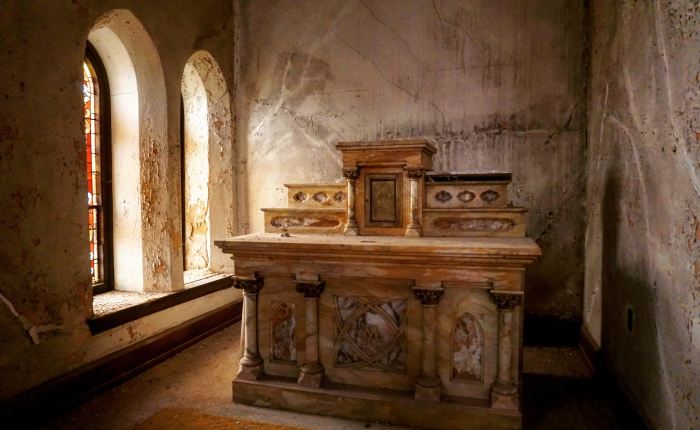But Jesus would not trust himself to them because he knew them all, and did not need anyone to testify about human nature. He himself understood it well.
John 2:24
I keep thinking of those rocks that are rough, with edges that snag on anything softer which passes by it. Any sort of fabric which flutters nearby is caught in the crevices of the rock, pulling and tearing with an immovable stoicism. Like when you sit on a wooden bench and the sneaky slivers of wood grasp the fabric of your skirt or shirt when you stand up, leaving you with clothing pierced through and a snarled bunch of threads.
This type of rock keeps coming to mind, I think, because it seems to be a fitting comparison for my heart and, hopefully not, but perhaps also, yours, too. It seems too easy for my hard little heart to find itself getting snagged on the people and things which pass by. And I’d really like to blame it on the others instead of looking at the roughness which resides within. I want to say, Maybe you shouldn’t have done this thing or You got too close to this hard edge or Why did you mercilessly punch your finger into this wound? If death and taxes are two absolutes, experience dictates that another absolute is our hearts running our own rough edges into the craggy contours of others’ hearts.
When matters appear to be going swimmingly, I find myself discovering another flaw or brokenness or wound through the oblivious words and actions of others. Even in situations where the other person is entirely to blame (which, admittedly, is quite rare), I still must reconcile with what that particular interaction has revealed. The fault may be theirs, but the roughness it has revealed is still certainly mine.
This season of Lent provides the perfect opportunity to look more realistically at these tangled threads, these areas where I find myself torn by the simple experience of living in a community of fallen humans. It creates the opening for mercy and grace, the chance to see how the Lord is inviting me to let my rough edges be smoothed by the crucible of life. I almost never run towards these chances the Lord offers. Instead, I find myself resisting with the vigor of one fighting for her life. I don’t want this roughness to be dragged along the pavement, aching until it succumbs to smooth surrender. I’m more prone to dig in, to harden my heart, to prickle at the first hint of pressure, to worm my way safely into caverns which cannot easily be reached.
Continue reading “He understood it well”








